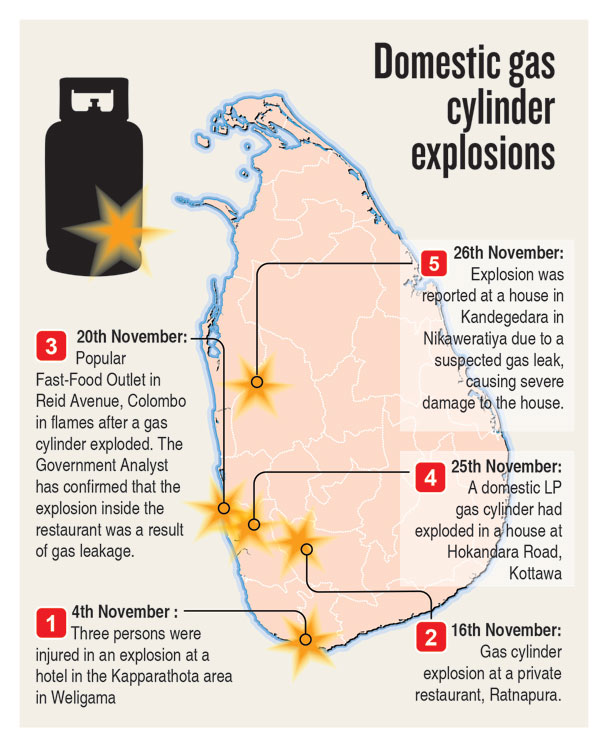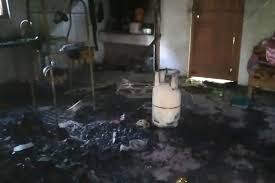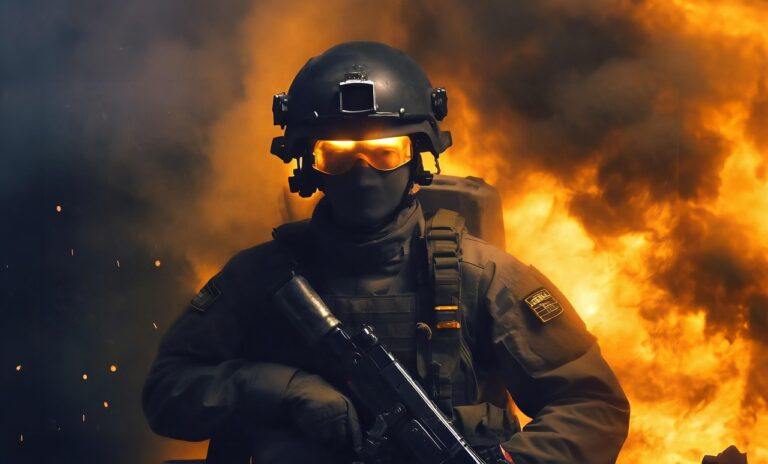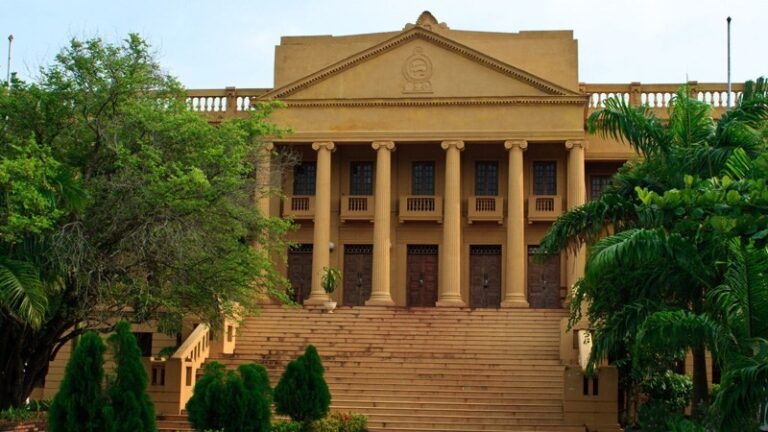Natural gas and petroleum exploration engineer Nimal de Silva says that even if the cylinder is strong, the gas can come out if the gas composition changes.
He points out that propane pressure is 4 times the pressure of butane.
“The gas-filled cylinder is very strong, but it’s a valve mounted on a cylinder and a regulator above the valve. We need to see how they are designed.
Now if the valve in the cylinder is designed for 30 propane and 70 for butane 70 then if we add more than 30 propane to it the valve can go without giving resistance. The butane pessary is low. But propane pressure is 4 times that. So can that valve withstand that pressure?
Next, we have to check the regulators whether they’re up to the standards of the institutions. I saw the public filming recently .. leaking from the cylinder itself. There’s something wrong with the valve, right? Then we need to look at that. Next, we need to see why the valve is leaking. Pressure is the problem here. Then the pressure only comes when the composition changes.
Now consumers can bring a gas cylinder and try some soap bubbles to see Whether there is a leak. If there is a leak, do not take it into the house. Go back to where you left off. Or call the place where it was taken. Next, replace the regulator. But get a good one. Then inspect the tube thoroughly. Because if we reject this, it could be life-threatening. ” he said
Meanwhile, investigations are underway to find the cause of the explosions in the gas cylinders that caused the controversy. There are various opinions that the recent explosions due to gas leaks are due to changes in the gas composition of the gas cylinders.















